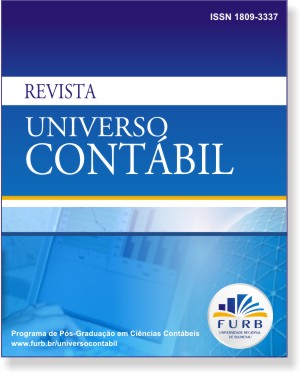MANAGEMENT CONTROL SYSTEMS’ LITERATURE DEVELOPMENT: THEORETICAL APPROACHES AND CRITIQUES WITHIN THE FUNCTIONALIST PARADIGM
DOI:
https://doi.org/10.4270/ruc.20117Palabras clave:
management control systems, literature review, theories, critiques, paradigmsResumen
This paper draws a simplified map of the evolution and current state of the theories and frameworks behind management accounting within the functionalist paradigm (PUXTY, 1993) as an aid for researchers and advanced business students. The study summarily presents the paradigms recognized in management accounting as a way to provide a better perspective of the field to novice researchers. Within the functionalist paradigm the evolution of management accounting literature is documented. The historical analysis, framed as a timeline, organizes the diverse research that has dominated the field since the beginning of 1900s in clusters around a certain theory or framework. The ten frameworks identified are: 1) conventional wisdom; 2) mathematical modeling; 3) systems; 4) Anthony’s framework; 5) behavioral; 6) human information processing; 7) transaction costs; 8) agency theory; 9) contingency theory; and 10) strategic. The transition from one cluster of theory or framework to another is explained by critiques; however, some theories and frameworks evolved naturally into others without the need of a critique.Descargas
Los datos de descargas todavía no están disponibles.
Publicado
2011-07-31
Cómo citar
Porporato, M. (2011). MANAGEMENT CONTROL SYSTEMS’ LITERATURE DEVELOPMENT: THEORETICAL APPROACHES AND CRITIQUES WITHIN THE FUNCTIONALIST PARADIGM. Revista Universo Contábil, 7(2), 146–173. https://doi.org/10.4270/ruc.20117
Número
Sección
Sección Internacional
Licencia
Los derechos de autor de los artículos publicados en esta revista son del autor, y los derechos de primera publicación son de la revista. Por aparecer en esta revista de acceso público los artículos son de uso gratuito, con atribuciones específicas, en aplicaciones educativas y no comerciales. La revista permitirá el uso de trabajos publicados con fines no comerciales, incluso el derecho a enviar el trabajo a bases de datos de acceso público.


